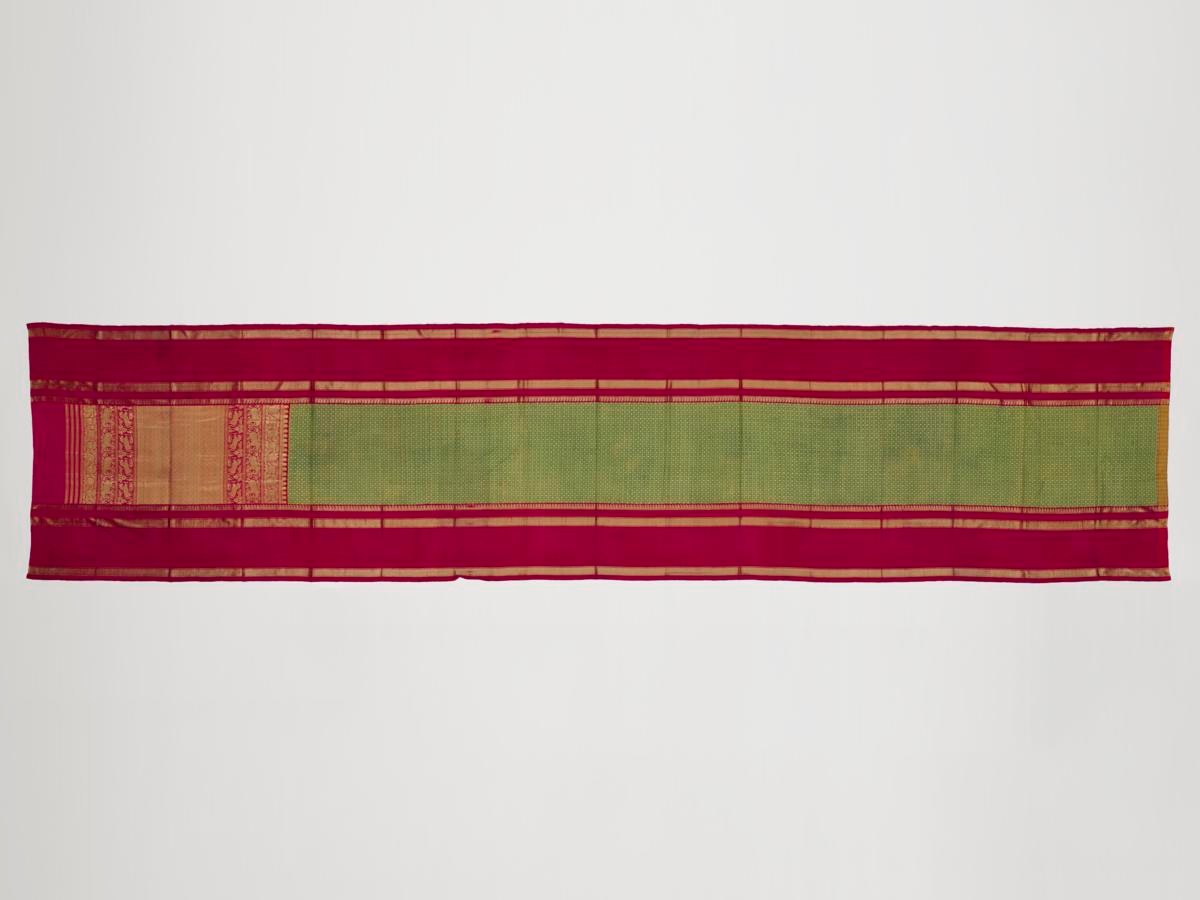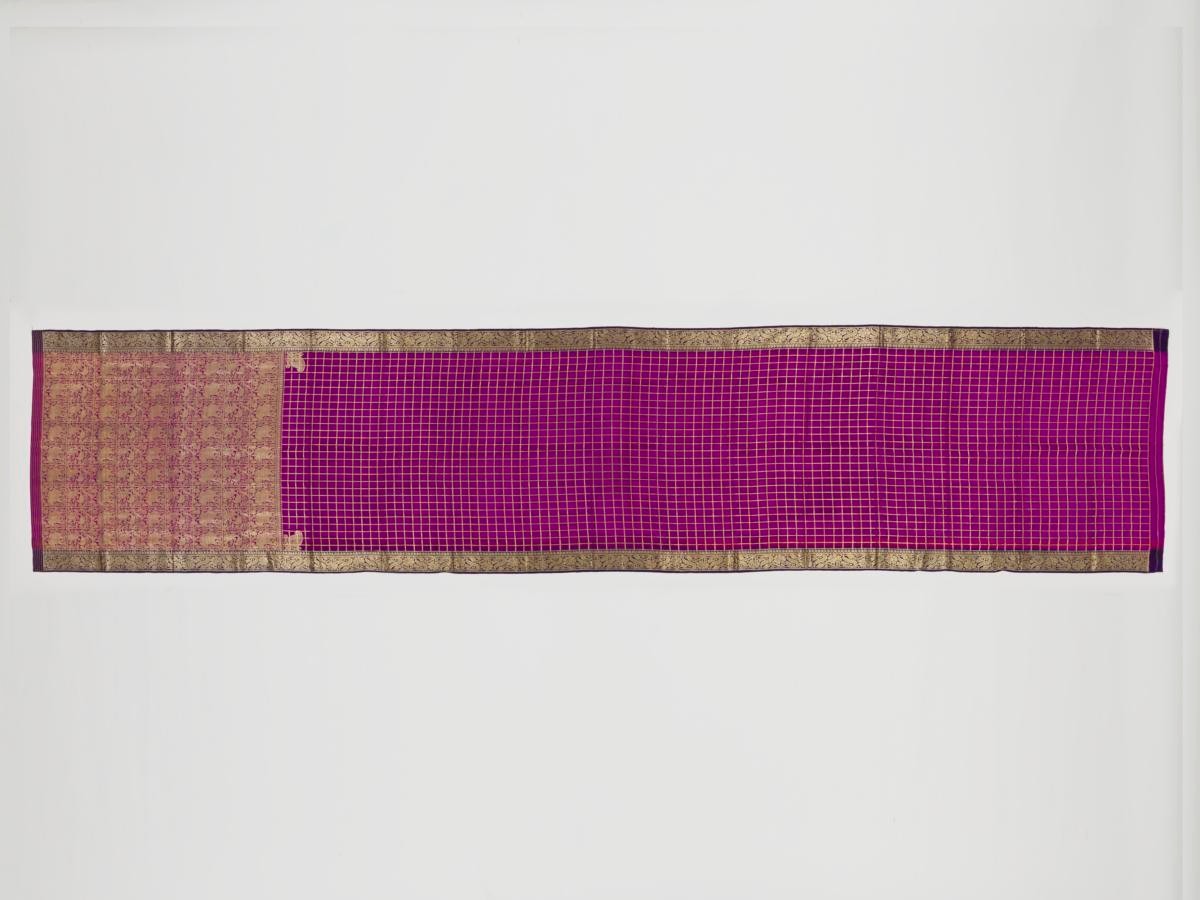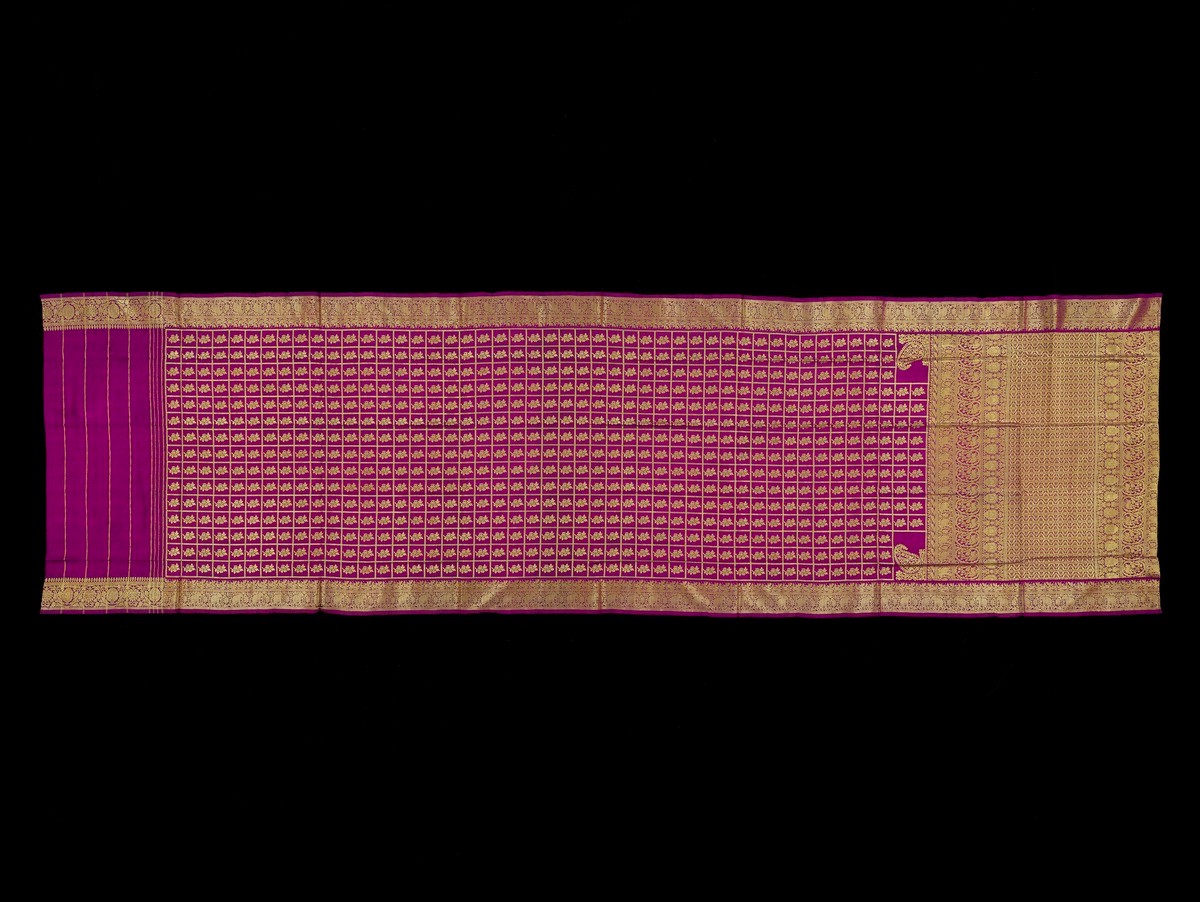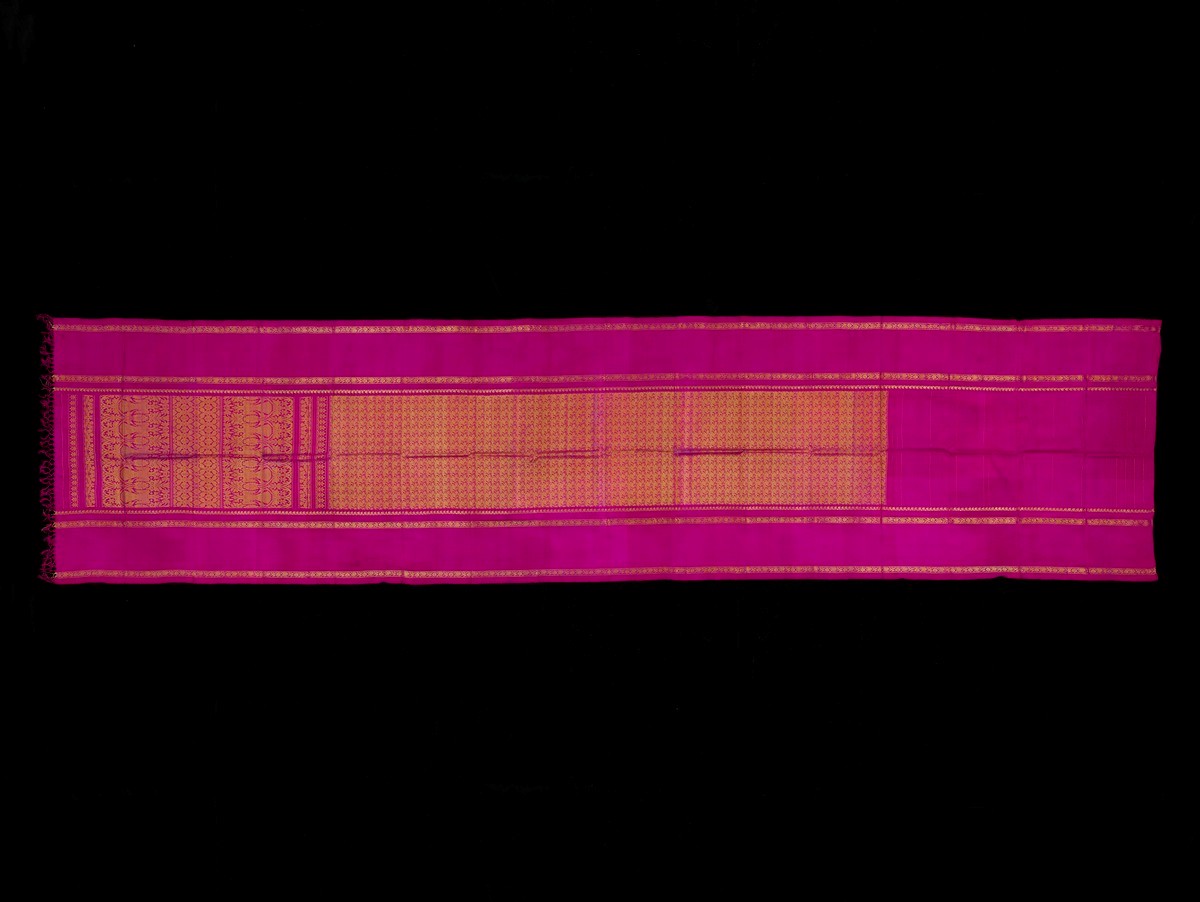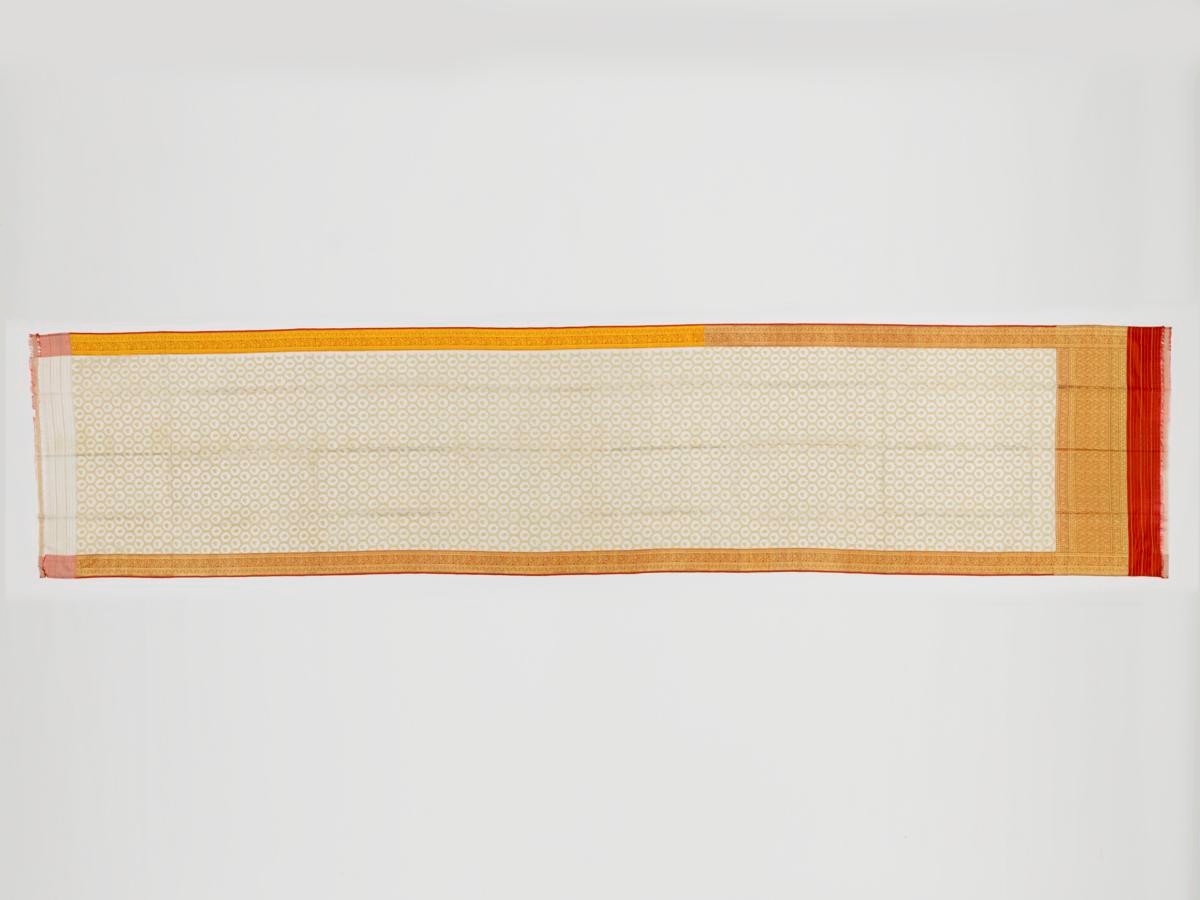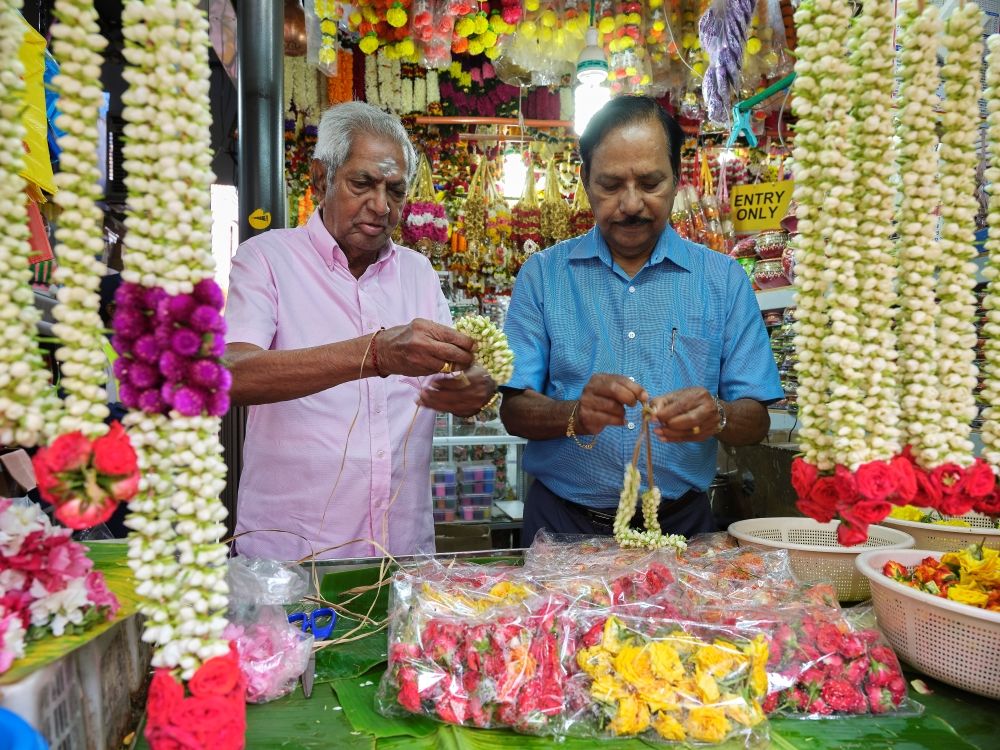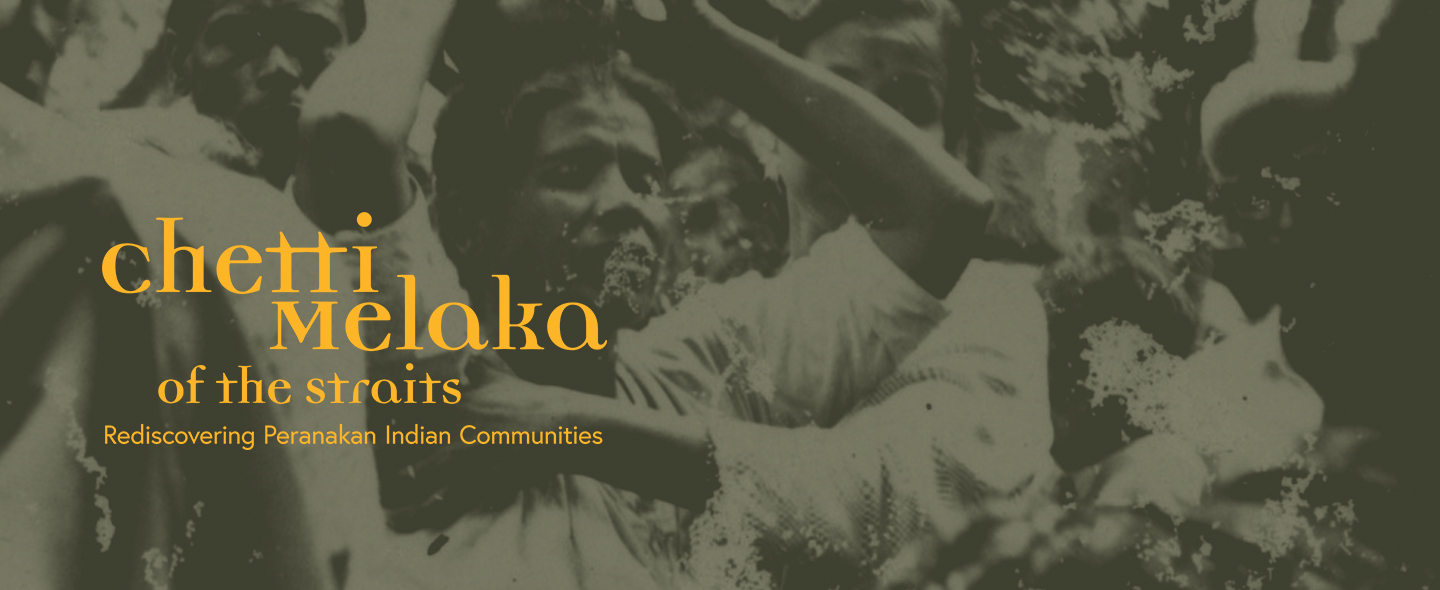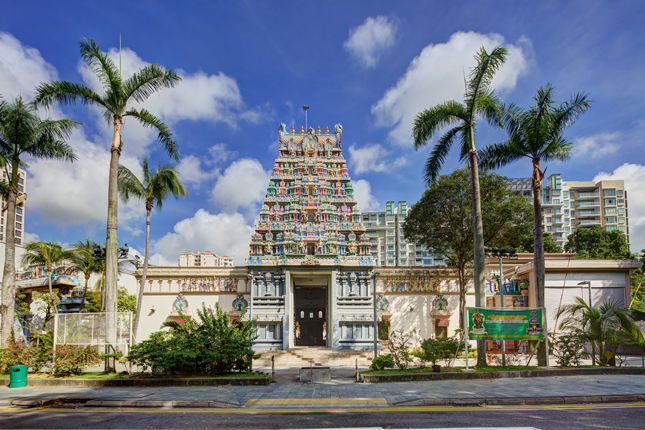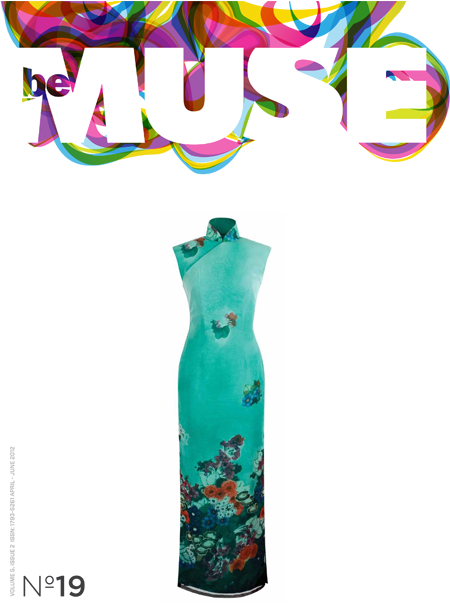The Kanjeevaram sari is traditionally made in Tamil Nadu and is deeply rooted in South Indian culture. They are worn as bridal wear or for special occasions in Tamil Nadu, Kerala, Karnataka, and Andhra Pradesh. The origins of the Kanjeevaram (or Kanchipuram) silk sari are mythical because the art of weaving silk saris is said to have been brought to Kanchipuram by Sage Markanda, who wove clothing for the gods. The saris are named after the temple city of Kanchipuram in Tamil Nadu. They are highly prized because they are woven from pure mulberry silk (locally known as “Kanchi Pattu” in Tamil) and gold zari by skilled weavers from South India known for their impeccable craftsmanship. Wide borders are woven separately and securely attached to the main body of the sari. They come in a wide range of colour combinations, with red, pink, or purple being the traditional colours, and feature various motifs such as temple imagery, checks, stripes, florals, paisleys, animals and coin designs. From the collection of Minaldevi Mahadevia Daftary (1939-2015). Minal was born in Ahmedabad, Gujarat, and her family were co-founders of one of India's most prolific textile manufacturers, the Mafatlal Industries. Minal was a celebrated dancer, especially in three classical dance forms - Bharatnatyam, Kuchipudi and Kathakali from the 1950s to 1970s, and she travelled and performed across India. She loved textiles and clothes and purchased the best examples of saris from famous weaving centres to form an extensive and important collection. Minal wore her Kanjeevaram saris when she represented India as a cultural ambassador abroad.




